The Bible is a treasure trove of profound wisdom, intricate details, and historical accounts. Among its verses, some stand out not only for their spiritual or historical significance but also for their extraordinary length and descriptive richness. These lengthy verses often contain detailed instructions, vivid narratives, or striking imagery, giving readers an in-depth understanding of pivotal moments in biblical history. They weave together context, emotion, and meaning, offering a closer look at the traditions, practices, and lessons of the time. Let’s delve into some of the longest verses in the Bible and explore their fascinating depth and significance.
Ezekiel 46:9
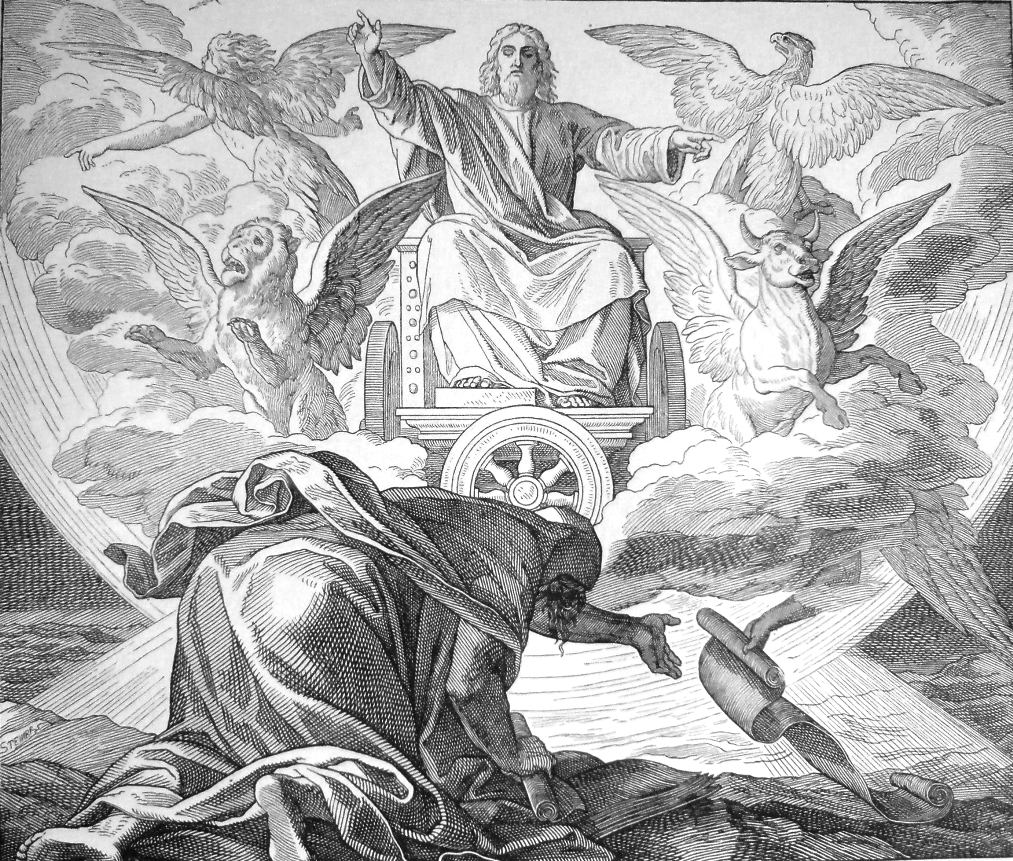
“When the people of the land come before the LORD at the appointed festivals, whoever enters by the north gate to worship is to go out by the south gate; and whoever enters by the south gate is to go out by the north gate. No one is to return through the gate by which they entered, but each is to go out the opposite gate.” This verse is part of Ezekiel’s vision of the restored temple and focuses on the rules for orderly worship. It emphasizes respect and reverence for God by prescribing specific entrances and exits for worshipers, symbolizing that an encounter with God should leave one transformed, never returning the same way they came. The detail reflects the deep sense of structure in worship practices and reinforces the need for spiritual renewal. By adhering to these instructions, worshipers demonstrated both obedience and acknowledgment of the sanctity of God’s house.
Genesis 43:32
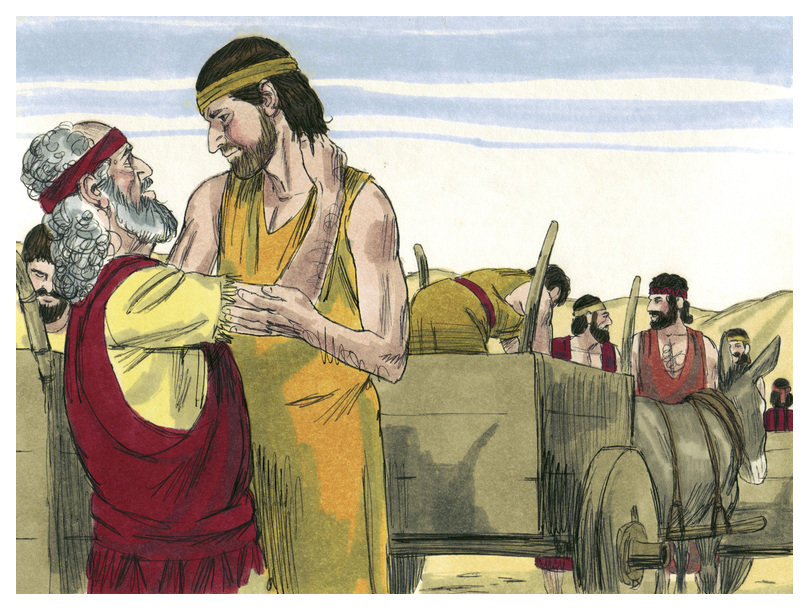
“They served him by himself, the brothers by themselves, and the Egyptians who ate with him by themselves, because Egyptians could not eat with Hebrews, for that is detestable to Egyptians.” This verse paints a vivid picture of the cultural and social divisions present during Joseph’s time as a ruler in Egypt. The separation of dining arrangements at Joseph’s table highlights not only the customs of the Egyptians, who found it abhorrent to dine with Hebrews, but also the tension and underlying secrecy in Joseph’s interactions with his brothers. This detailed account enriches the narrative by emphasizing the social norms of ancient Egypt and the drama of Joseph’s yet-to-be-revealed identity. The verse’s length allows the reader to grasp the complexity of the situation and the stark contrasts between the characters involved.
Daniel 4:3
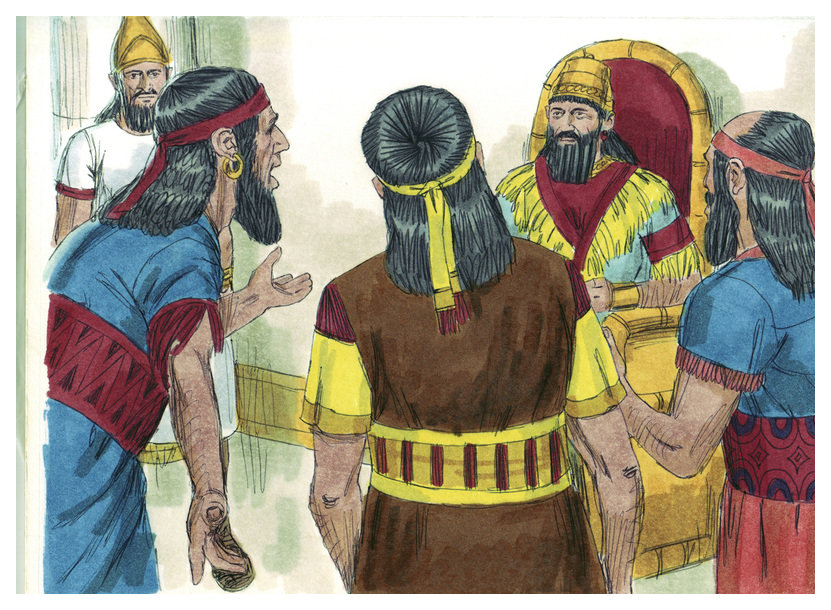
“How great are his signs, how mighty his wonders! His kingdom is an eternal kingdom; his dominion endures from generation to generation.” This verse reflects King Nebuchadnezzar’s awe and reverence for God’s miraculous power after witnessing divine intervention. The verse is notable for its poetic tone and repetition, emphasizing God’s eternal sovereignty and unmatched dominion. It sets the stage for the king’s transformation, showcasing the profound impact of witnessing God’s might. The length and structure of the verse underline its importance as a declaration of faith, offering a rare moment of humility from a ruler known for his pride and grandeur. It marks a turning point in Nebuchadnezzar’s spiritual journey and highlights the universal reach of God’s authority.
Ezekiel 16:29
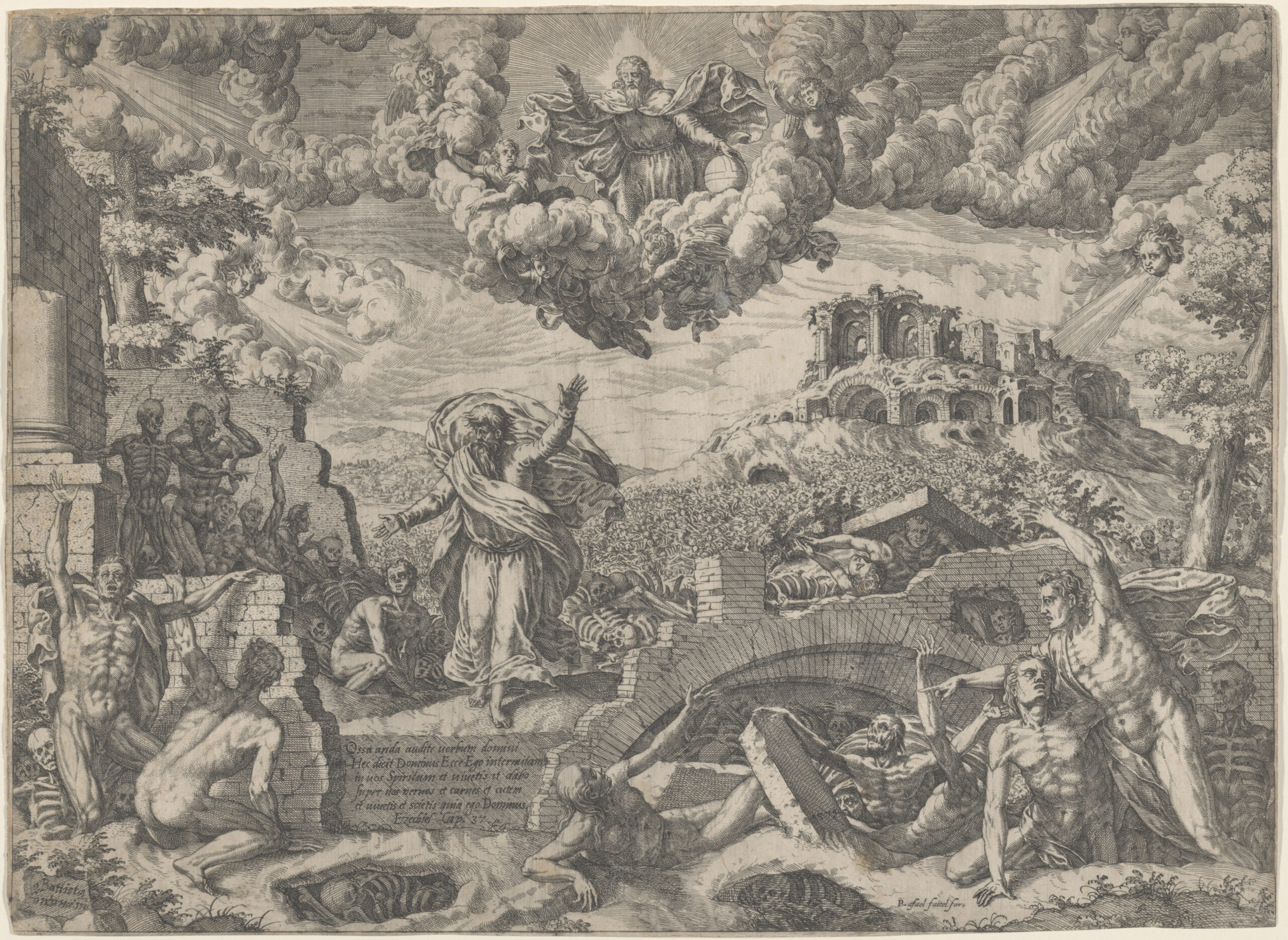
“Then you increased your promiscuity to include Babylonia, a land of merchants, but even with this you were not satisfied.” This verse is part of Ezekiel’s extended metaphor where Jerusalem is portrayed as an unfaithful spouse, symbolizing the city’s spiritual infidelity. The mention of Babylonia, known for its wealth and trade, points to Israel’s alliances with pagan nations and their adoption of idolatrous practices. The verse’s length and descriptive language capture the depth of Jerusalem’s betrayal, painting a vivid picture of the city’s relentless pursuit of alliances at the cost of its covenant with God. It serves as both a rebuke and a call to repentance, reflecting the prophet’s urgent message.
2 Kings 16:15
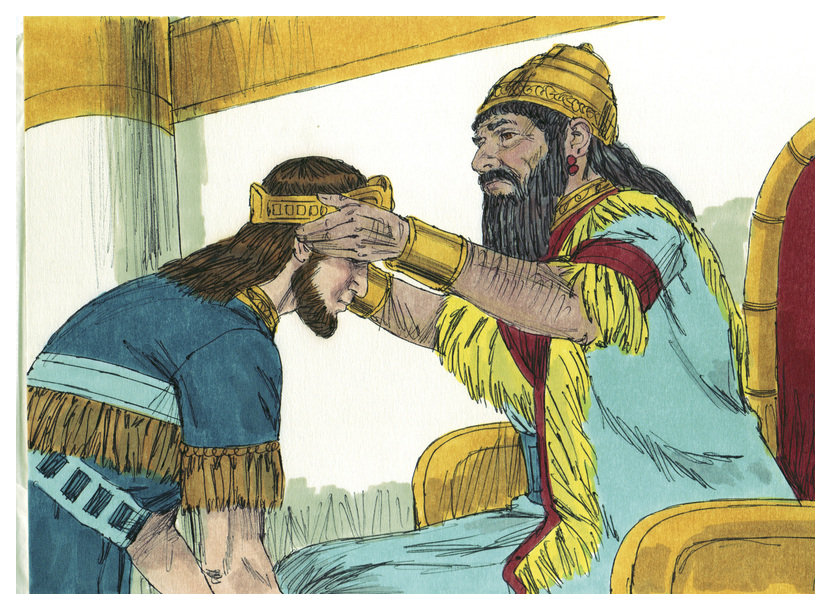
“King Ahaz then gave these orders to Uriah the priest: ‘On the large new altar, offer the morning burnt offering and the evening grain offering, the king’s burnt offering and his grain offering, and the burnt offering of all the people of the land, and their grain offering and their drink offering. Splash against this altar the blood of all the burnt offerings and sacrifices. But I will use the bronze altar for seeking guidance.’” This verse details King Ahaz’s controversial reforms, where he introduced a new altar modeled after one he saw in Damascus, deviating from traditional worship practices. The lengthy instructions reflect the king’s overreach into religious matters, blending political ambition with spiritual authority. By prioritizing the new altar over the bronze altar, Ahaz demonstrated a shift towards syncretism, which had lasting implications for Israel’s spiritual identity. The verse captures the tension between innovation and tradition, as well as the consequences of straying from divine instruction.
1 Kings 8:63
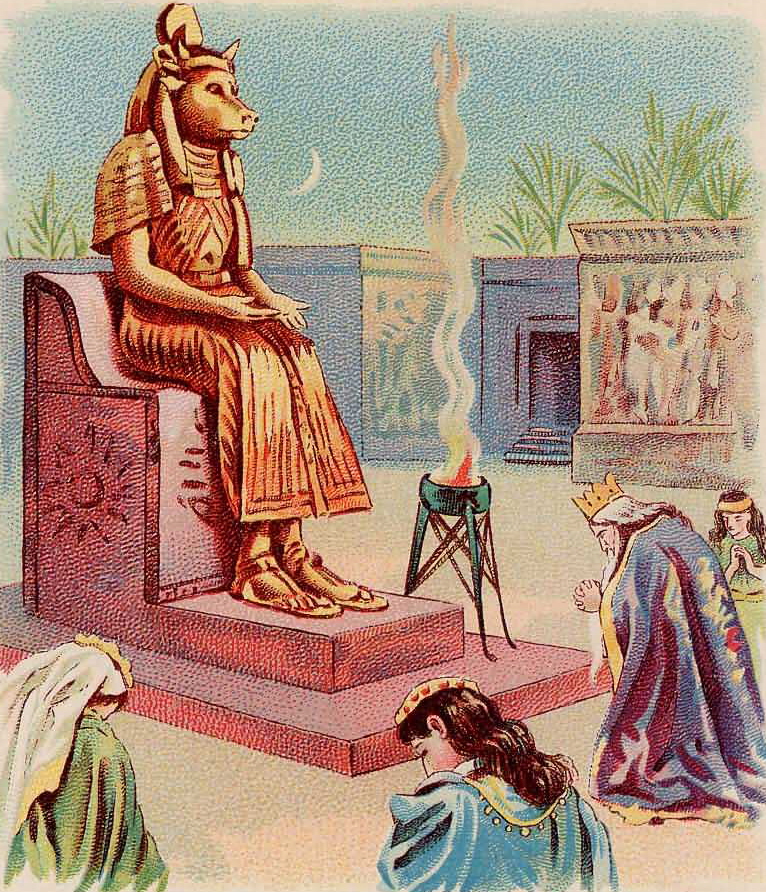
“Solomon offered a sacrifice of fellowship offerings to the LORD: twenty-two thousand cattle and a hundred and twenty thousand sheep and goats. So the king and all the Israelites dedicated the temple of the LORD.” This verse vividly describes the grand scale of King Solomon’s dedication of the temple, showcasing the enormity of the event. The staggering number of sacrifices reflects the nation’s deep gratitude and reverence for God’s presence in the temple. The verse’s length and detail emphasize the communal aspect of the celebration, as all of Israel participated in this monumental moment. It also highlights Solomon’s role as a leader who sought to honor God through unparalleled offerings and devotion, marking a high point in Israel’s history.
Leviticus 13:39
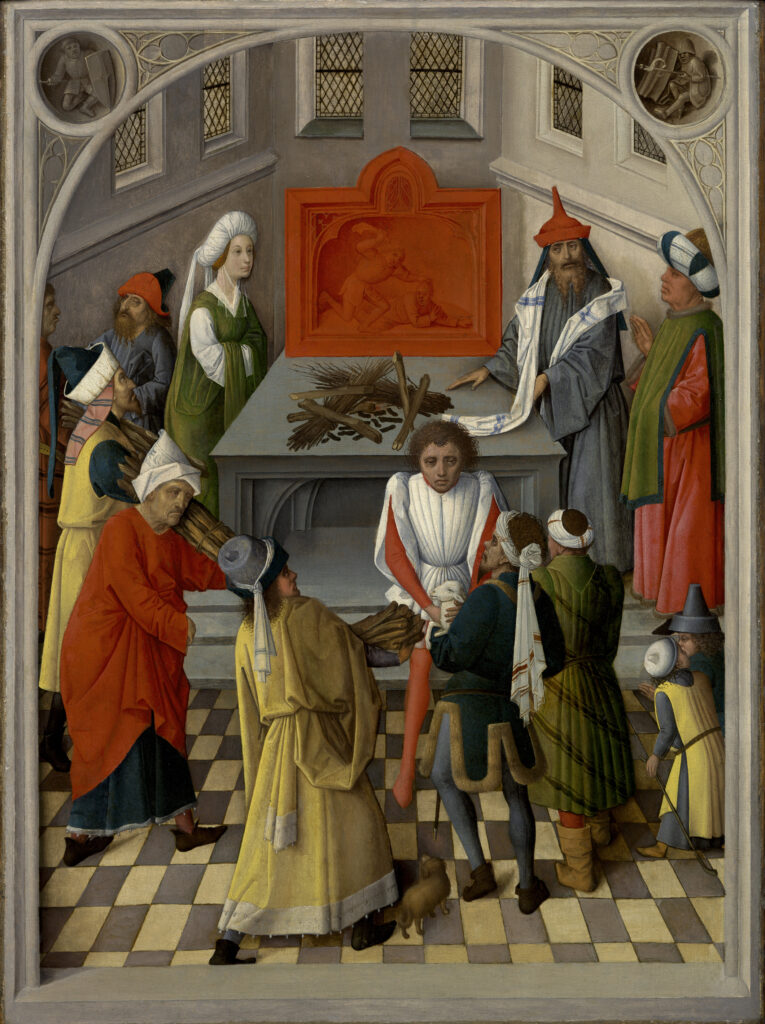
“The priest is to examine them, and if the spots on the skin are dull white, it is a harmless rash that has broken out on the skin; that person is clean.” This verse is part of the Mosaic laws concerning skin diseases and purity, illustrating the meticulous care required to distinguish between harmful conditions and harmless rashes. The detailed instructions reflect the priest’s role not only as a spiritual leader but also as a guardian of the community’s physical health. The verse’s specificity underscores the holistic approach to cleanliness in the Old Testament, blending spiritual and practical concerns to maintain communal well-being.
Deuteronomy 1:19
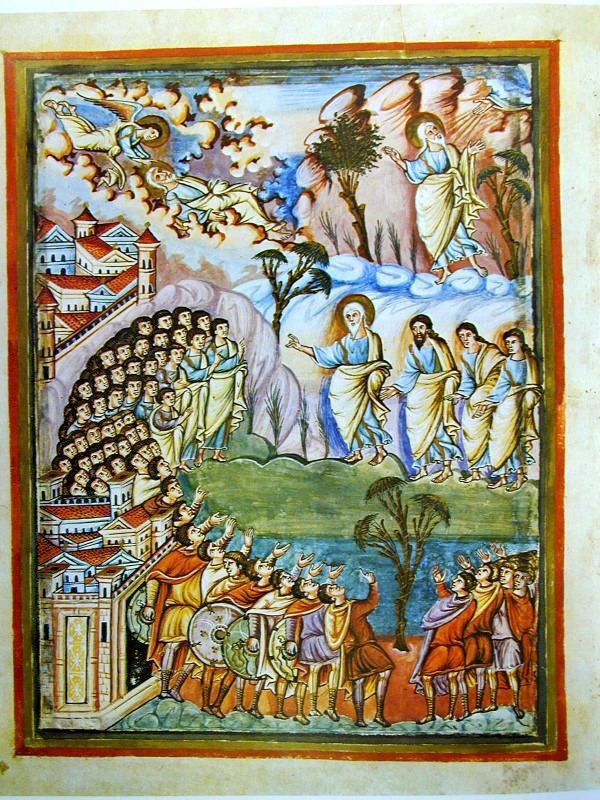
“Then, as the LORD our God commanded us, we set out from Horeb and went toward the hill country of the Amorites through all that vast and dreadful wilderness that you have seen, and so we reached Kadesh Barnea.” This verse recounts Israel’s journey through the wilderness, emphasizing the obedience of the people to God’s commands. The detailed description of the “vast and dreadful wilderness” highlights the challenges they faced and the faith required to persevere. Its length reflects the weight of the historical moment, as it captures both the physical and spiritual aspects of the journey. The verse sets the stage for Moses’ reflection on God’s guidance and Israel’s relationship with Him.
Judges 8:30
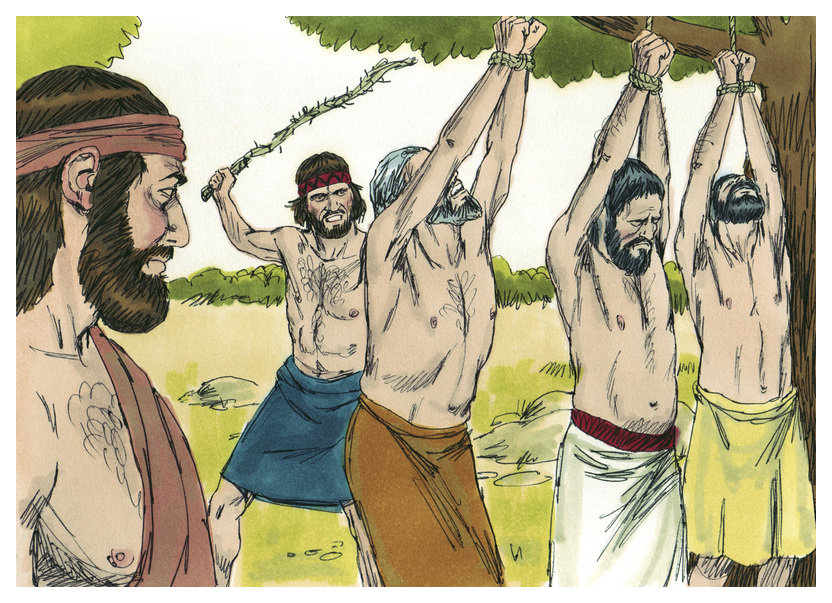
“He had seventy sons of his own, for he had many wives.” This verse succinctly encapsulates the legacy of Gideon, a prominent judge of Israel. The mention of seventy sons and multiple wives reflects Gideon’s power and influence, while also hinting at the societal norms of the time. The verse’s brevity yet depth foreshadows the internal conflicts that arise from Gideon’s expansive family, setting the stage for the struggles in leadership and unity that follow his death. Its inclusion provides insight into the complexities of leadership in ancient Israel.
2 Samuel 18:9
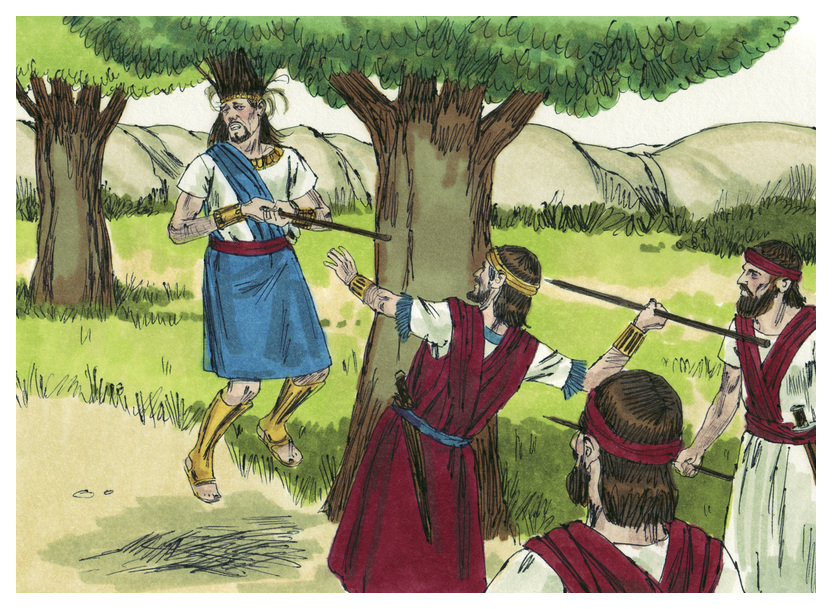
“Now Absalom happened to meet David’s men. He was riding his mule, and as the mule went under the thick branches of a large oak, Absalom’s hair got caught in the tree. He was left hanging in midair, while the mule he was riding kept on going.” This verse vividly describes the tragic and ironic downfall of Absalom, King David’s rebellious son. The detailed imagery of Absalom’s hair tangling in the branches underscores the irony of his pride being the cause of his demise. The verse’s length allows for a dramatic depiction of the moment, which serves as a turning point in the narrative. It captures the tension of the event and foreshadows the emotional toll it takes on David.
This article originally appeared on Rarest.org.
More from Rarest.org
14 Iconic Retro Neon Signs That Sell for Big Bucks

Retro neon signs have become highly prized collectibles, capturing a slice of Americana that combines art, advertising, and nostalgia. Read More.
10 Largest Snakes in the World

When it comes to the animal kingdom, few creatures are as fascinating—and as awe-inspiring—as the world’s largest snakes. Read More.
10 Largest Beer Companies in the World

The global beer industry is dominated by some massive companies that brew and sell some of the world’s most popular brands. Read More.
